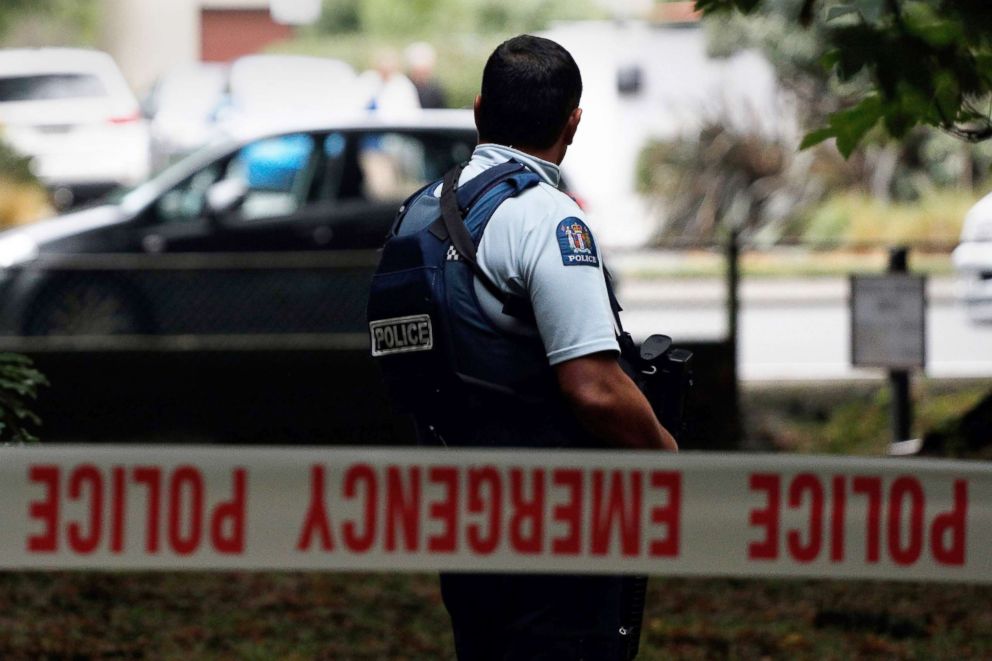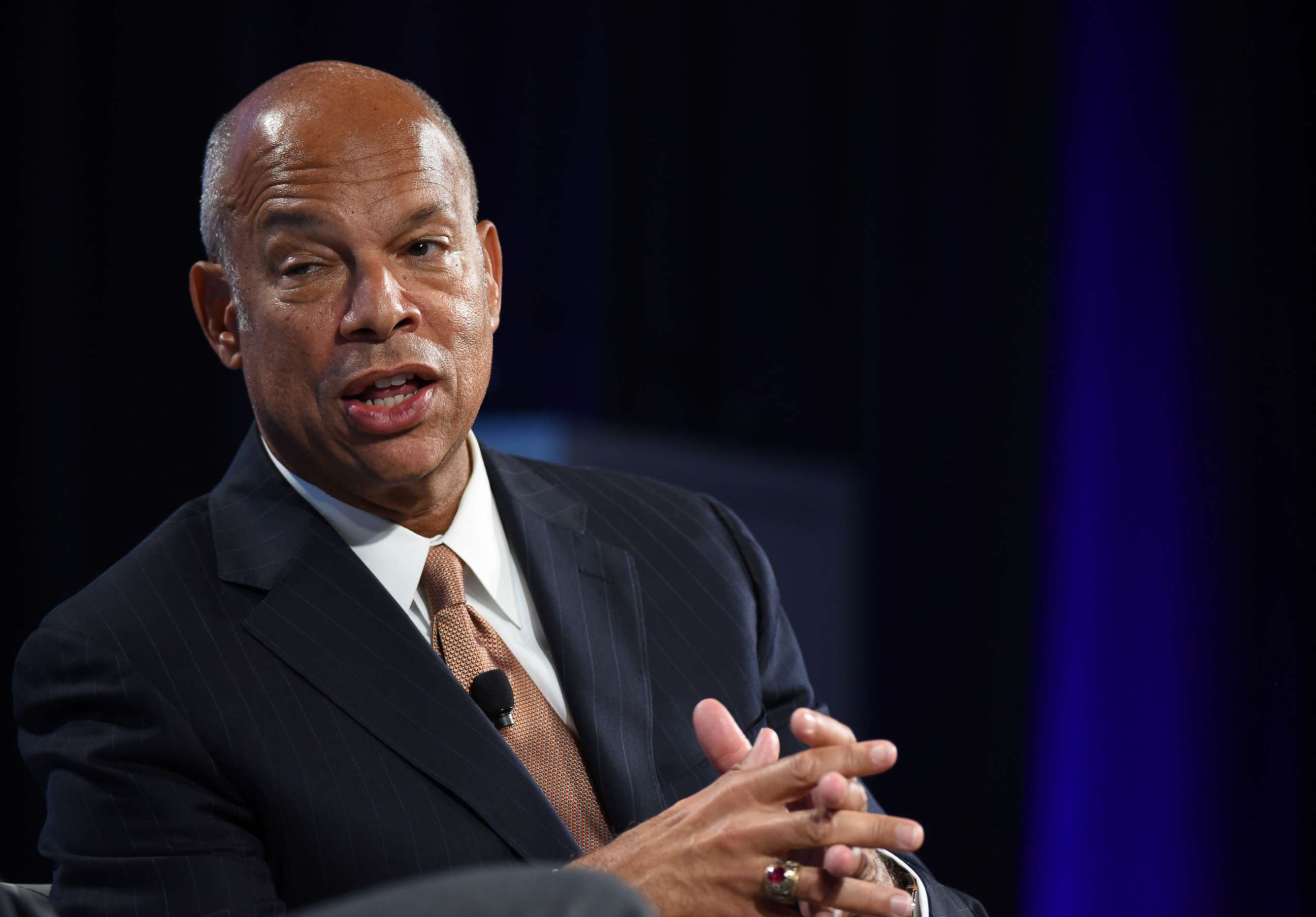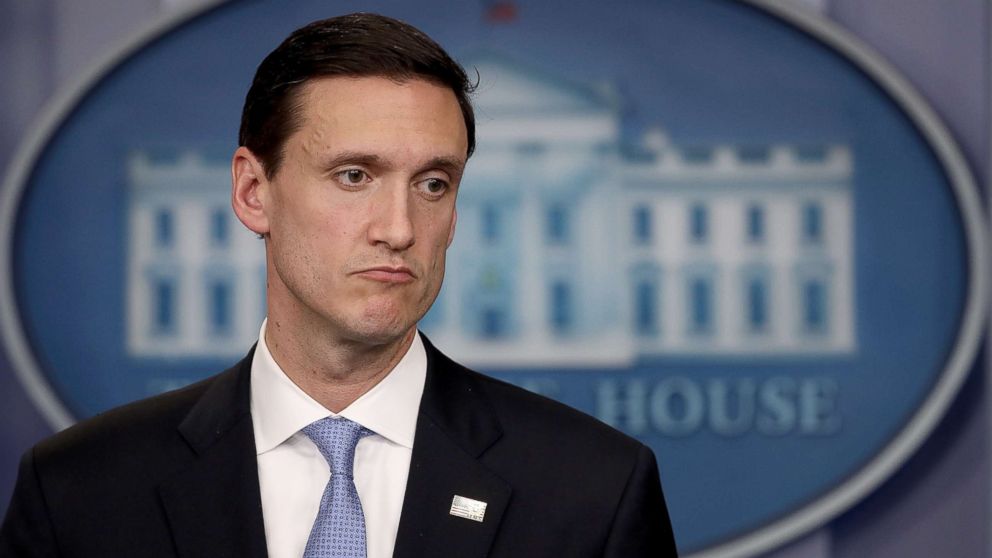Trump administration should invest more in countering domestic terrorism: Former White House official Tom Bossert
In the aftermath of the deadliest mass shooting in New Zealand, Tom Bossert, former Trump homeland security and counterterrorism adviser, told ABC News' chief news anchor George Stephanopoulos on "This Week" that the United States should focus on allocating more money within the Department of Homeland Security to combat the threat of domestic terrorism.
"I think that this administration stands ready to invest more money," Bossert said.

Former Obama Homeland Security Secretary Jeh Johnson agreed and said, "I do believe there is a role for the Department of Homeland Security when it comes to countering domestic-based violent extremism."
In the Oval Office on Friday afternoon President Donald Trump told ABC News senior national correspondent Terry Moran that white nationalism was not a rising threat around the world.
"I don't really. I think it's a small group of people that have very, very serious problems. I guess if you look at what happened in New Zealand perhaps that's a case, I don't know enough about it yet, they're just learning about the person and the people involved but it's certainly a terrible thing, terrible thing," Trump said Friday.
The United States has seen several violent incidents carried out within the past few years. In 2017, 32-year-old Heather Heyer was killed during protests in Charlottesville, Virginia. Eleven worshipers were killed in a mass shooting at the Tree of Life Synagogue in Pittsburgh last October. And nine people were gunned down at the Emanuel A.M.E. Church in Charleston, South Carolina in 2015.

According to the Southern Poverty Law Center, a legal advocacy firm that tracks hate crimes within the United States, a Feb. 2019 report suggests that the number of hate groups across the country are at a record high. The report also indicates that there was a 30 percent increase in hate crimes that coincided with Trump’s campaign and presidency.
The FBI reports similar statistics suggesting that in 2017 hate crimes were on the rise for the third consecutive year. Race and ethnicity were the motivation behind nearly three out of five of the 7,100 hate crimes reported to the bureau. There were more than 8,000 victims of hate crimes within the United States. Data from 2018 has not been released.
On Sunday, Stephanopoulos cited writings credited to the suspected New Zealand gunman.
"No one is blaming the president for what happened here, but he was held up -- in the shooter's words -- as a symbol of white identity and common purpose," Stephanaopolos said on Sunday.
He then questioned both former officials who have dealt with these threats in the White House on what extent the president needs to take to combat the ideology.
"I don't think that the two threats are equal, ISIS and white supremacists, they're equally repugnant. They are not equal in size, but the president has to combat the ideology of both," Bossert responded.
On Friday, Mercedes Schlapp, a White House strategic communications adviser told reporters, "It’s outrageous to even make that connection between this deranged individual who committed this evil crime to the president."
Bossert added that the president usually condemns the violence within his campaign rallies.
"I think he can do a better job moving forward or redouble his efforts to make sure he’s heard when he does it," Bossert said.
Johnson said, "I would have the president say to all Americans, political leaders, candidates for political positions, that part of our responsibility as leaders, those of us with the largest microphones, have a duty to the American public to raise the civility in our dialogue. And that’s something that I think is fundamental to our civilian leadership in this country."




